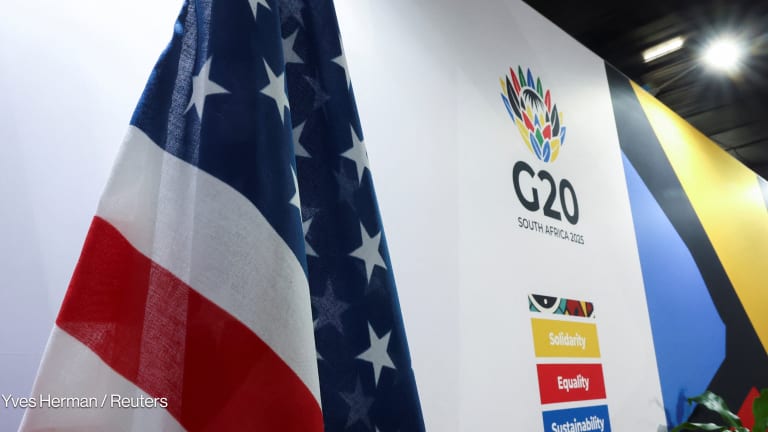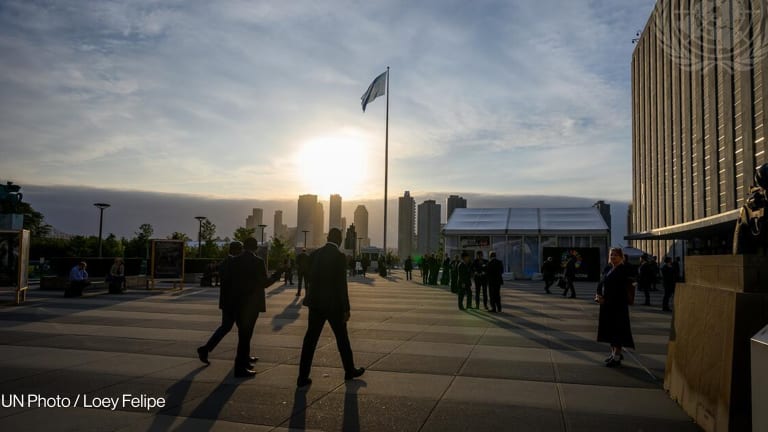This is an election super year: A record number of voters are set to head to the polls across at least 64 countries and the European Union.
But with gender issues becoming increasingly politicized and a swing to the right predicted in some of those elections, what might it mean for women's and girls’ rights?
“We see cycles [of gender equality] and of course, the cycles are affected by the political environment … The elections that are coming up are really very serious,” said Taroub Harb Faramand, founder and president of WI-HER, an international consulting firm focused on equity and inclusive development.
This story is forDevex Promembers
Unlock this story now with a 15-day free trial of Devex Pro.
With a Devex Pro subscription you'll get access to deeper analysis and exclusive insights from our reporters and analysts.
Start my free trialRequest a group subscriptionSearch for articles
Most Read
- 1
- 2
- 3
- 4
- 5








